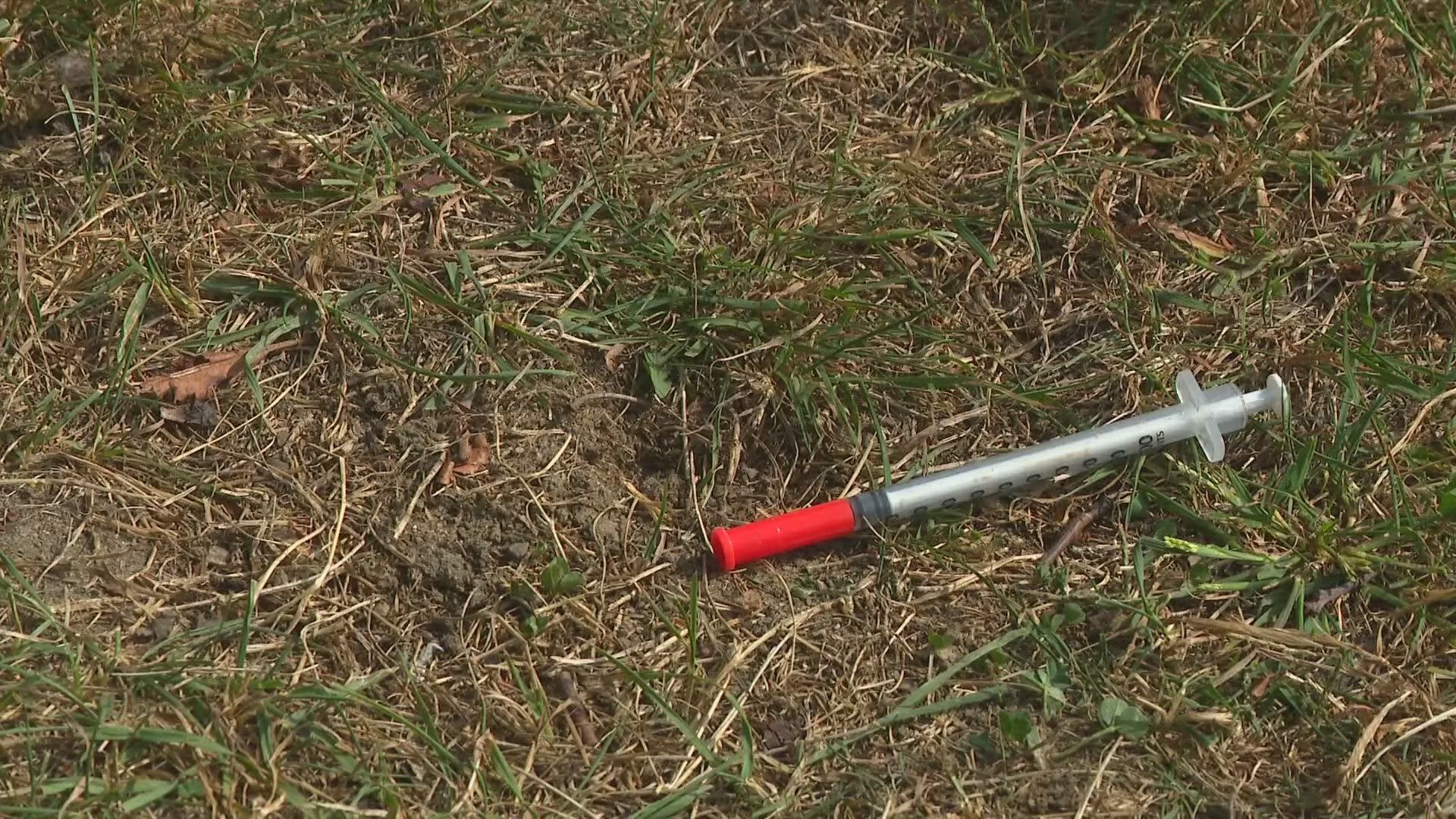PORTLAND, Maine — On Monday, the Portland City Council rejected Mayor Mark Dion’s proposal to limit the number of needles the city could supply through its exchange program.
The 7-1 vote rejected a new effort to cap the program at one used syringe for one clean syringe, a policy in place before the onset of the COVID-19 pandemic. Now, the city will continue its current practice of giving up to one hundred needles per client.
Before the council’s decision, many residents expressed strong opposition to Dion’s proposal, calling it "simply not necessary" and "not only reckless and heartless, but downright dangerous."
Several doctors and other medical professionals also offered testimony against lowering the 100-needle ceiling, voicing fears of an increase in blood-borne illnesses, like HIV and hepatitis C, that could come from drug users having fewer clean needles in their possession.
Councilors also offered a strong rebuke before the vote.
"People who inject drugs are members of our community as much as people who own buildings," Councilor Anna Bullett said.
Other public commenters, however, pushed back against the high number of needles the city is currently allowed to give, concerned about open drug use and high needle litter in Portland.
One resident, who would only give her first name, Kim, called it "not fair to the taxpaying residents of this city to continually have to pick up this trash."
City data shows that in a one-year period, beginning in late 2022, Portland handed out nearly 250,000 more syringes than it recovered.
Before the final vote, Dion tried once more to convince others of his plan, presenting the one-to-one needle exchange as easing the burden that littered syringes around the city have had on residents.
"I would press hard on why the rest of us have to live with the unconscious decisions of others," Dion said.
After voting overwhelmingly to reject the needle exchange proposal, the council voted in favor of allocating a portion of remaining opioid settlement funds — awarded to governments across the country—to launch a pilot needle buyback program.
The program would be limited to fifty participants and would allow the needle exchange to give five cents per needle returned, with certain limits.
Expenses would be capped at $10 per client, per day. City staff estimates the program would cost, at most, $52,000 per year.

